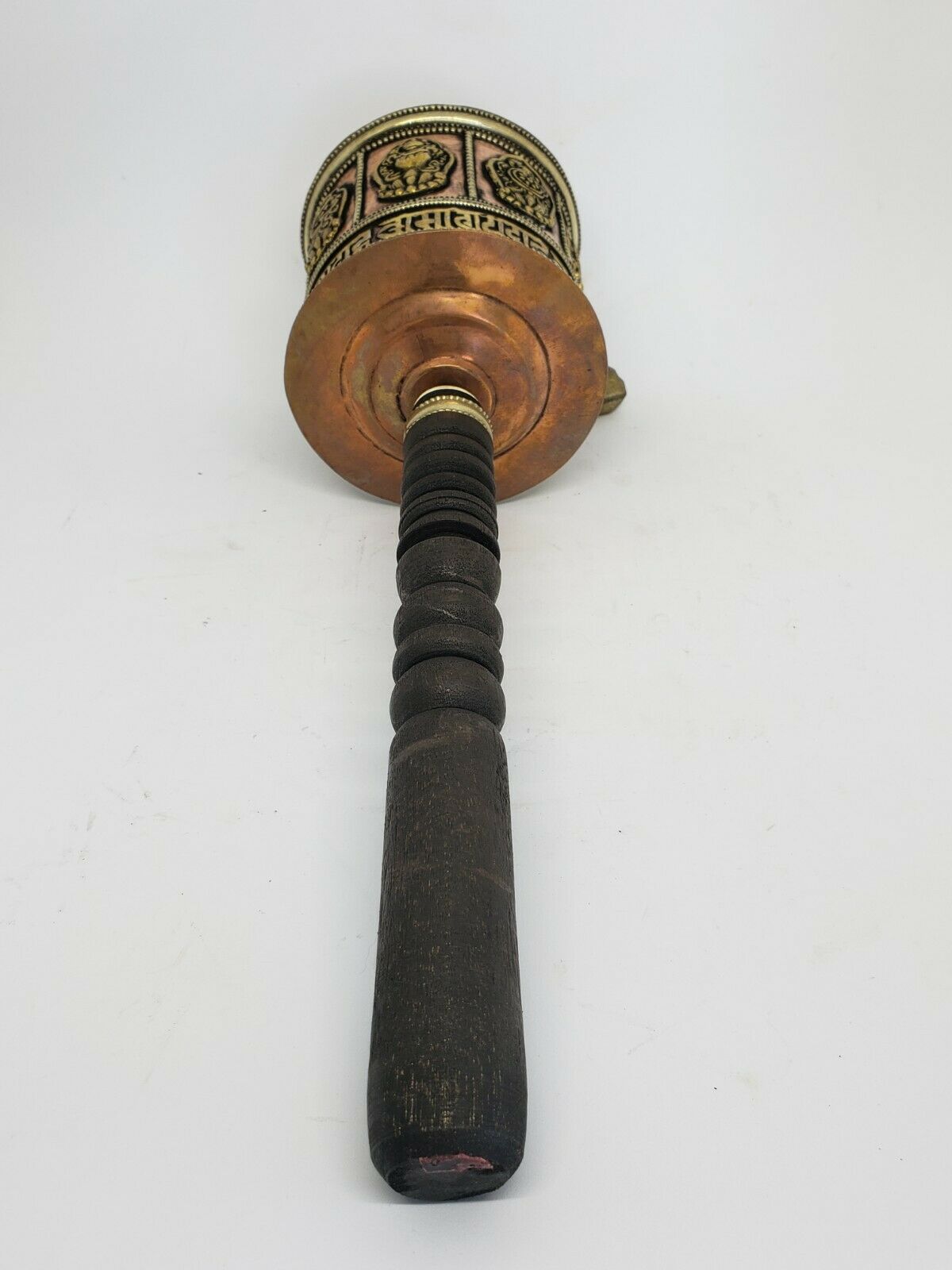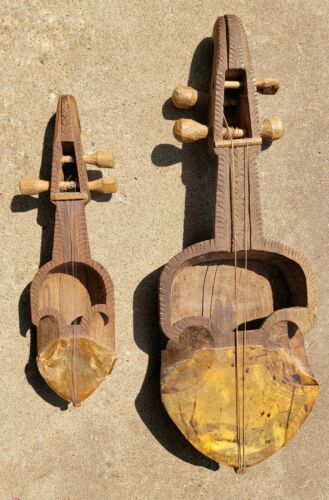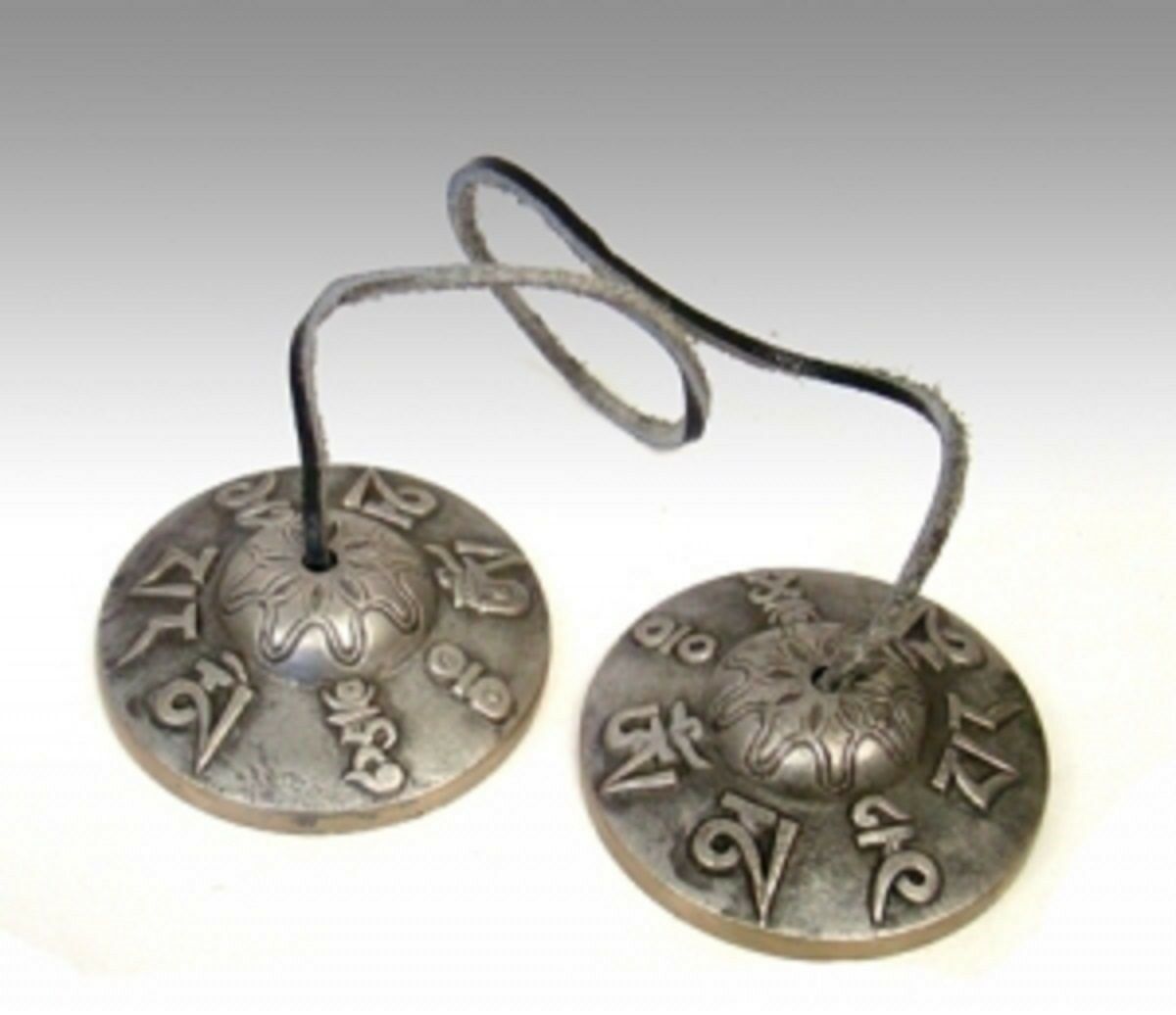-40%
Tibetan Buddhist Handcrafted Hand Spinning Prayer Wheel Handheld ~ Nepal -HSM-8C
$ 34.31
- Description
- Size Guide
Description
Beautiful Handmade Hand Spinning Prayer Wheel Handheld designBuddhism Tibetan "Om Mane Padme Hum" Mantra hand spinning Prayer Wheel, made from copper, brass, wood and representing 8 auspicious Buddhist symbols.
Made in Nepal.
ཨོཾ་མ་ཎི་པ་དྨེ་ཧཱུྃ།
Features:
Handcrafted Tibetan Buddhist handheld prayer wheel.
Made in Nepal
Dimensions:
H: 13.85" X D: 3.75" inches
Handle Length: 8.6" inches
Weight: 14.9 oz.
Made from copper, brass, Tibetan Silver (tin alloy) & wood.
Fine craftsmanship and sturdy construction.
Beautiful gift piece.
Om Mani Padme Hum (
ཨོཾ་མ་ཎི་པ་དྨེ་ཧཱུྃ།
) prayer in Tibetan.
Paper scroll with same prayer inside the wheel.
Intricate design representing 8 auspicious Buddhist symbols.
Model: HSM-8C
About Prayer Wheel
Prayer wheels are used primarily by the Buddhists of Tibet and Nepal, where hand-held prayer wheels are carried and turned by pilgrims and other devotees during devotional activities.
It usually bears the mantra "OM MANI PADME HUM (
ཨོཾ་མ་ཎི་པ་དྨེ་ཧཱུྃ།
)”, the six syllables mantra of the Buddha of compassion, Avalokitesvara.
The mantra is printed or carved on the wheel exterior and printed mantra scroll on paper is kept inside. According to Tibetan Buddhist belief, it is said that each turn of the cylinder generates as much merit as the reading of the sutra of the formula enclosed within the prayer wheel. This belief derives from the Buddhist belief in the power of sound and the formulas to which deities are subject. For many Buddhists, the prayer wheel also represents the Wheel of the Law (or Dharma) set in motion by the Buddha.
The prayer wheel is also useful for illiterate members of the lay Buddhist community, since they can "read" the prayers by turning the wheel. Prayer wheels come in many sizes: they may be small and attached to a stick, and spun around by hand; medium-sized and set up at monasteries or temples; or very large and continuously spun by a water mill. Prayer wheels at monasteries and temples are located at the gates of the property, and devotees spin the wheels before passing through the gates.
Om Mani Padme Hum
The mantra is in the Sanskrit phonetic. It is the prayer of compassion for the well-being of all sentient beings. Praying for self has its own benefit, but praying for all sentient beings that are in need of the same prayer as oneself, multiplies the benefit as many times as there are sentient beings. This mantra is explained in many different ways. But the basic motivation is always the same when we say, “Om Mani Padme Hum (
ཨོཾ་མ་ཎི་པ་དྨེ་ཧཱུྃ།
)”; we wish happiness to all living beings.
Prayer Wheel History
The prayer wheel lineage was brought to Tibet by the renowned eight century Indian Buddhist teacher Padmasambhava, and later practiced by the great Indian tantric Buddhist masters Tilopa and Naropa. Naropa’s disciple Marpa later renewed the lineage in Tibet and passed it on to Tibet’s most well-known yogi, Milarepa. Since that time the Prayer Wheel has been passed on through a continuous lineage of enlightened teachers, among these the great Kagyu master Karma Pagshi, whose important works are quoted by most subsequent writers on the subject.
Prayer wheels are usually filled with the mantra of Avalokiteshvara, the Buddha of great compassion. OM MANI PADME HUM (
ཨོཾ་མ་ཎི་པ་དྨེ་ཧཱུྃ།
). So much of the spiritual power of the prayer wheel derives from the power of this sacred mantra that by connecting with the energy of the prayer wheel one is connecting with an outer manifestation of unlimited enlightened compassion, and is awakening one’s own highest potential - one’s Buddha nature.
The Prayer wheel is also a truly excellent way to help harmonize and Feng Shui your environment, increasing the positive energy in your home or workplace. A number of Tibetan commentaries state that having a prayer wheel in a building makes that place become like the Potala - the pure land of the Buddha. People that own prayer wheels all agree that having one near them in their home feels wonderful. The prayer wheel’s beauty and energy really does have a very clear and positive effect.
8 Auspicious Buddhist Symbols
The eight Auspicious Symbols of Vajrayana Buddhism are:
(i)
Endless knot
(ii)
Lotus flower
(iii)
Dhvaja
(iv)
Dharmachakra (fly-whisk in Nepali Buddhism)
(v)
Bumpa
(vi)
Golden Fish
(vii)
Parasol
(viii)
Conch
These energetic signatures, point to qualities of enlightened mindstream, and they are the investiture that ornaments these enlightened "qualities". Many cultural enumerations and variations of the Ashtamangala are extant. In Buddhism, these eight symbols of good fortune represent the offerings made by the gods to Shakyamuni Buddha immediately after he gained enlightenment.
Shipping:
We ship within 1 business or same day (US or Canada).
Item will be shipped
FREE
within US with
tracking number
, and it will take about 3-5 business days.
International shipping time varies by country and will be shipped through eBay's Global Shipping Program.
Our one and only priority on this business is to provide the "
Greater Customer Satisfaction".
For this, we have "Q
uality Products" with "Cheaper Price"
.
Please send us an email through Ebay.
If you have any questions about anything, please send us an email and we will get back to you within 24 hrs.
Please contact us to resolve any issues. Please try to contact us via email before leaving any negative or neutral comments. We promise you we can resolve any issues that you may have.
Please confirm the return address with us before returning the product.
We hope you have a pleasant Ebay shopping experience. All items listed have a 100% satisfaction guarantee.
View more great items

















